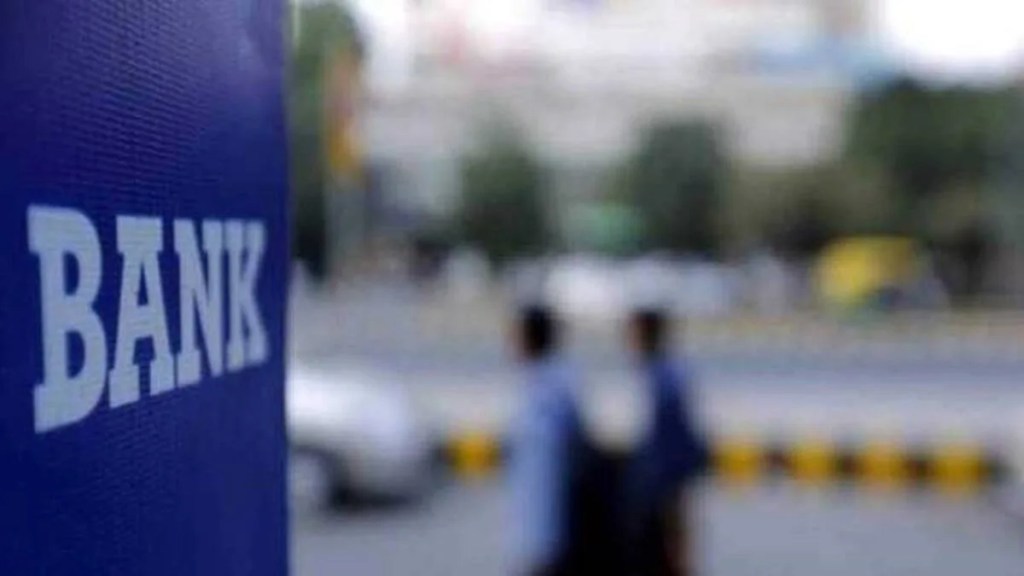After the Supreme Court rejected the State Bank of India (SBI)’s plea seeking clarity on fraud classification norms, bankers say bad actors may misuse the clause of being heard by lenders before their account is marked as a fraud and delay the entire fraud classification process.
“If the Supreme Court says borrowers should be given a full hearing before classifying fraud accounts, then unless things change, it will not be easy. Because the hearings can go on forever… the corporate system has taken advantage of gaps in the legal system. In some cases, companies go to court and pray for their account not to be marked as fraud,” a senior banker at a private bank said, seeking anonymity.
The Supreme Court clarified on Friday that it had not directed banks to accord a “personal hearing” before classifying a borrower’s account as fraud, as reported by PTI. “We never stated that the personal hearing should be granted to borrowers. Rather, we had said they should be given adequate notice and an opportunity to make a representation,” a Bench comprising chief justice DY Chandrachud and Justices PS Narasimha and JB Pardiwala said. Regarding the applicability of the verdict with prospective effect, the bench said that a review petition would have to be filed by the SBI against the judgment.
The private banker quoted earlier said before declaring an account as a wilful defaulter, lenders give reasonable time to hear the borrower. All bankers follow the processes, record the minutes of the meetings, and conduct four-five additional tests that the RBI has asked lenders to perform before declaring accounts as frauds. These tests include checking whether the borrower has diverted money, taken any form of new security, opened an account with another bank without notifying the primary bank, and if there are any issues with the borrower company’s stocks or financial parameters.
RBI to the rescue?
The official said the RBI will have to come out with detailed guidelines on the matter; otherwise, borrowers could delay the entire classification. “If it becomes a problem, and we have to give the person a hearing, and it can be challenged in court, then it will just put the system at significant risk. So, somewhere the RBI has to find a middle ground,” the banker said.
Speaking to FE, Bank of Baroda managing director and chief executive officer Sanjiv Chadha said in the long run, there should be no issue in declaring frauds. However, banks currently provide ample opportunity to wilful defaulters to present their cases.
“The Supreme Court verdict was more about when you can pronounce an account as fraud, should the borrower so desire, you need to give them an opportunity to listen to their viewpoint, which, to my mind, is really what natural justice is all about…,” the MD said. “I think SBI had brought a notice, and the Supreme Court has given some clarifications, so it is something that, to my mind, should not be too much of a problem going forward. Even otherwise, we provide ample opportunity to wilful defaulters to present their cases,” Chadha said.
FE had earlier reported that many banks have stopped marking accounts as fraud as they await more clarity from the Supreme Court or the RBI. Suresh Khatanhar, deputy MD at IDBI Bank, said the latest judgment by the SC clarifies that there is no need to give a personal hearing to the borrower before declaring frauds, but banks can give borrowers the opportunity to be heard, as it follows the rules of natural justice.
The RBI may come out with detailed guidelines based on the above judgment. Many banks have put (declaring accounts as fraud) on hold in the interim. But recovery measures, including complaints to investigating authorities, are continuing, Khatanhar said.

